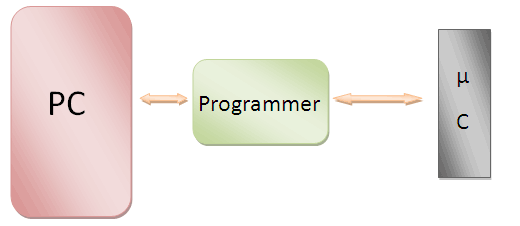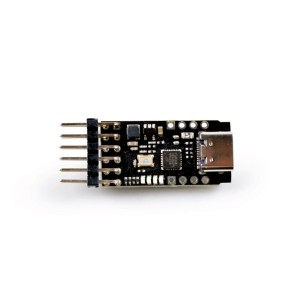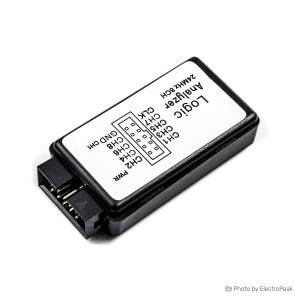Yes, typically, microcontrollers from different manufacturers require specific programmers. For example, STM microcontrollers usually require a programmer compatible with the STM family. However, some universal programmers support multiple microcontroller types, providing flexibility for a broader range of projects.
Programmers
What are Programmers?
Programmers are essential tools in electronics and embedded systems development, enabling the transfer of software or firmware from a computer to a microcontroller or other programmable device. They play a crucial role in the programming and debugging process, facilitating efficient and accurate code deployment.

Price of Programmers:
Programmer prices vary depending on the model, features, and compatibility with specific devices. Entry-level options like USBasp are cost-effective, while advanced models with broader device support may have a higher price point.
Tips for Buying Programmers:
Consider the compatibility with your microcontroller or device, programming speed, and additional features like debugging capabilities. Choose a programmer that aligns with your project's requirements, ensuring a seamless programming experience.
Popular Models of Programmers:
Do I need a separate programmer for each type of microcontroller, like STM, AVR, and PIC?
Can I use one programmer for different microcontroller brands if they have the same architecture?
Yes, if microcontrollers share the same architecture, such as AVR, it's possible to use a single programmer. However, verify compatibility and ensure that the programmer supports the specific models you intend to work with, as differences in features and protocols can still exist.
What is the difference between in-circuit programming (ICP) and in-system programming (ISP)?
In-circuit programming (ICP) and in-system programming (ISP) both refer to programming microcontrollers without removing them from the circuit. While the terms are often used interchangeably, ICP can involve connecting additional pins for programming, while ISP typically implies using existing pins for both programming and normal operation.
Can I use a USB-to-Serial adapter as a programmer for microcontrollers?
Yes, you can use a USB-to-Serial adapter as a programmer for microcontrollers in some cases, but it depends on the specific microcontroller and programming method you are using.
Many microcontrollers use a serial communication protocol for programming, and a USB-to-Serial adapter can be employed to establish this connection between your computer and the microcontroller.

